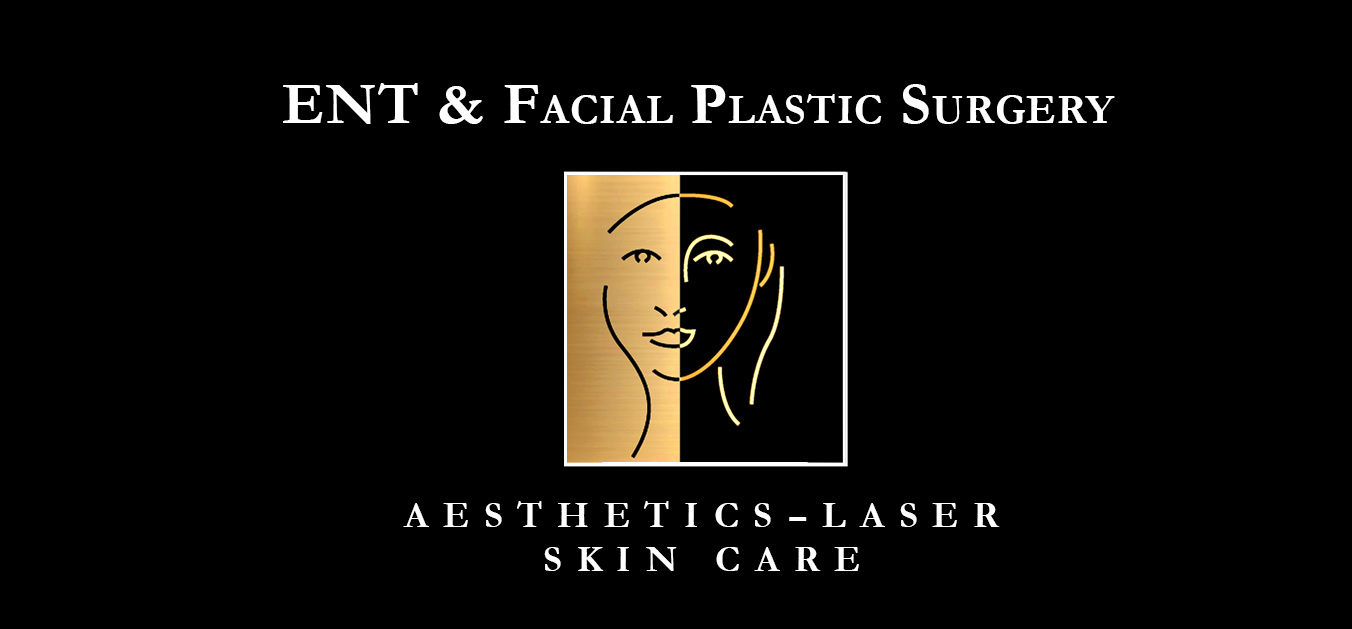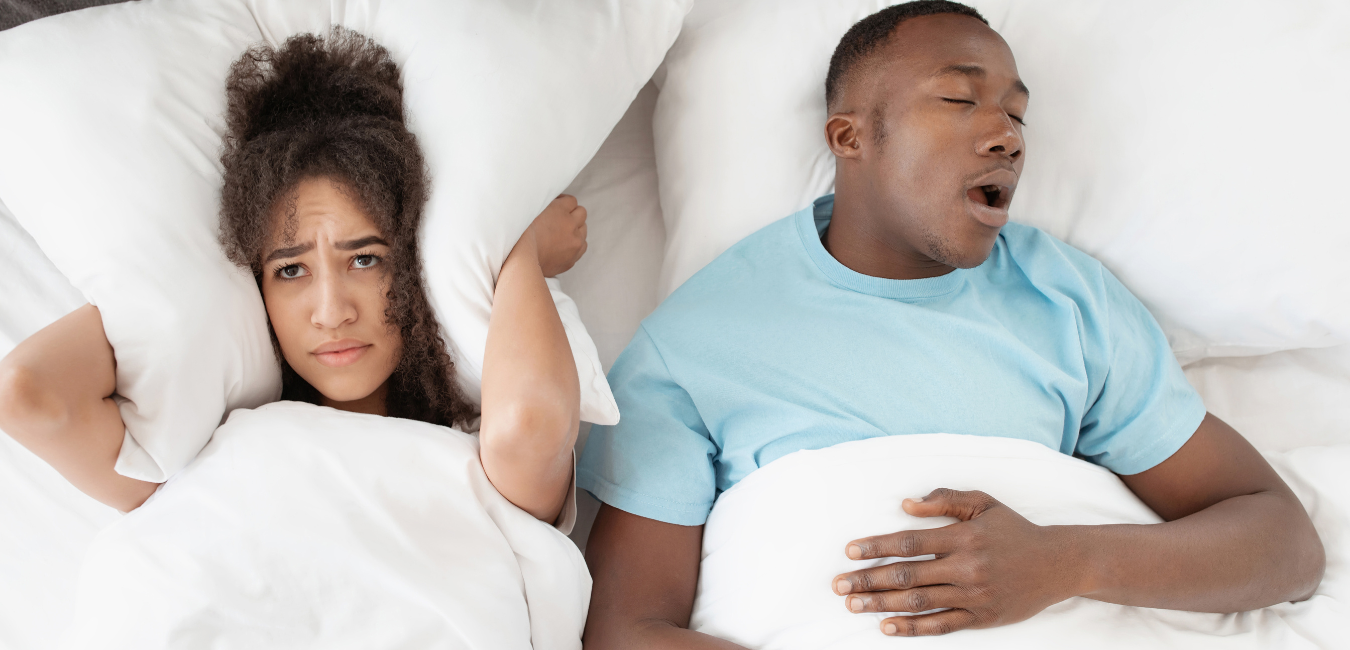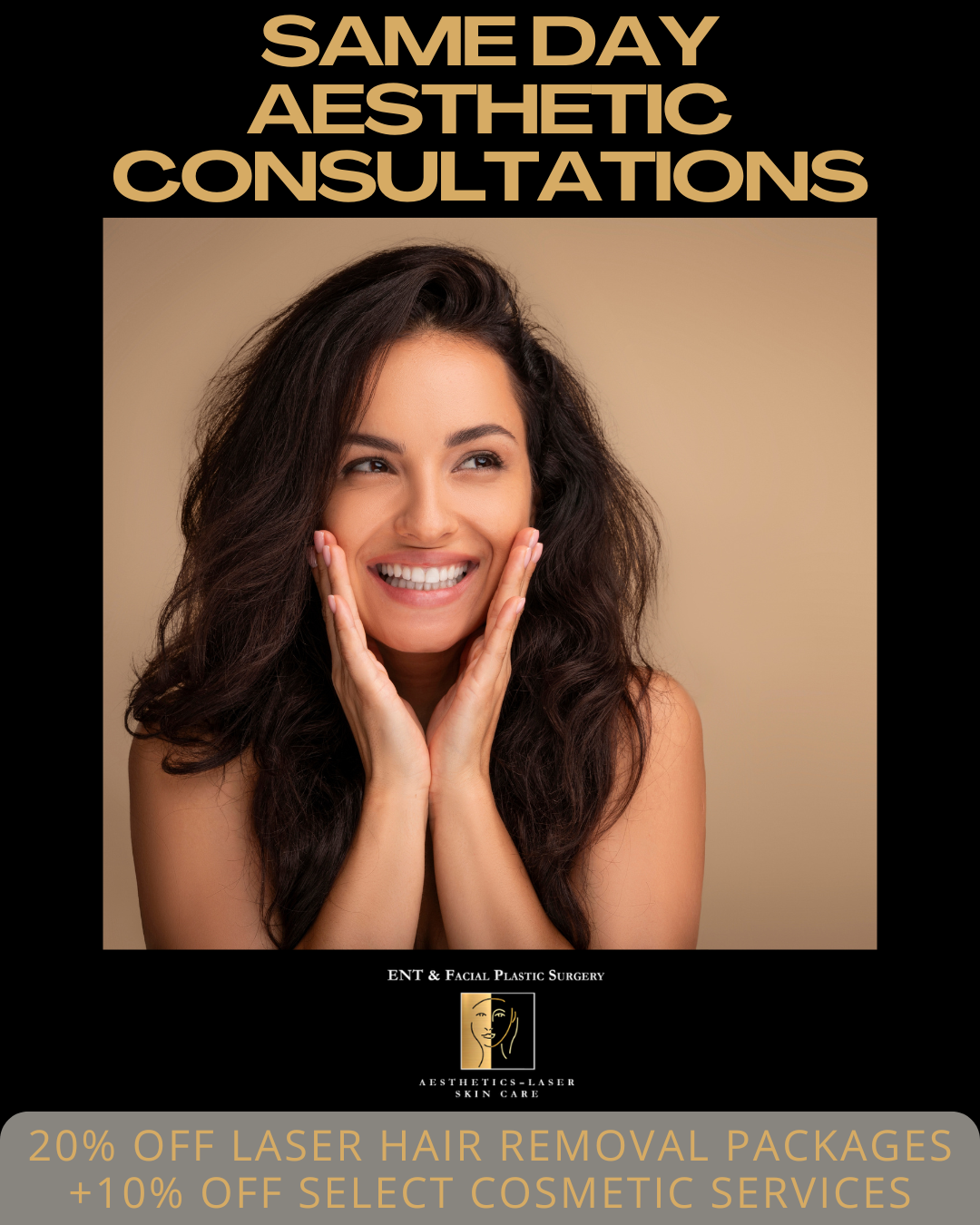If you’re struggling to breathe well as you rest, if snoring disrupts your sleep or if you find yourself fatigued during the day, it might be time to get screened for sleep apnea. With our focused Sleep Disorder and Apnea Specialist Service, restful nights and energetic days aren’t just a dream—they’re within your reach.
Are You Experiencing These Symptoms?
- Loud snoring that disturbs others
- Episodes of stopped breathing during sleep
- Abrupt awakenings accompanied by gasping or choking
- Waking up with a dry mouth or sore throat
- Morning headache
- Difficulty staying asleep (Insomnia)
- Excessive daytime sleepiness (Hypersomnia)
If you nodded through this checklist, our specialized service is designed just for you.
How a Sleep Disorder and Apnea Specialist Can Help
Our board-certified ENT doctors are well-versed in the subtleties of sleep disorders. In fact, they understand that your symptoms are unique and require personalized attention.
Sleep Disorder Diagnostic Tools
Sleep Apnea Testing: This test involves undergoing a sleep study, where your breathing patterns, heart rate, oxygen levels, and brain activity are monitored while you sleep. This test can be done at home or in a specialized sleep center.
Overnight Pulse Oximetry: Also, measures oxygen levels during sleep but is done with a portable device that attaches to your finger or earlobe.
Nocturnal Polysomnography: A more comprehensive sleep study that involves monitoring additional factors such as eye movements, muscle activity, and snoring.
Home Sleep Testing: The convenience of testing at home using equipment provided by a doctor, with results then analyzed by a sleep specialist.
Multiple Sleep Latency Test: Gauges how quickly you fall asleep during the day and can help diagnose sleep disorders such as narcolepsy.
Maintenance of Wakefulness Test: Assess the effectiveness of treatment for sleep apnea, by measuring a person’s ability to stay awake in a quiet, dark environment.
Sleep Apnea Treatments Tailored for You
Options for managing and treating sleep apnea are evolving. Our sleep disorder and apnea specialist team is at the forefront of these advances, which may include:
Continuous Positive Airway Pressure (CPAP): This is a common and effective treatment for sleep apnea, involving wearing a mask over the nose or mouth while sleeping. The device delivers continuous air pressure to keep the airway open.
Oral Appliances: These are custom-made devices that fit in the mouth and help keep the airway open by repositioning the jaw and tongue.
Surgery: In some cases, surgery may be recommended to correct structural issues in the mouth or throat that contribute to sleep apnea.
Lifestyle Changes: Making changes such as losing weight, quitting smoking, and avoiding alcohol can help improve symptoms of sleep apnea.
Positional Therapy: This involves using special devices or techniques to encourage sleeping on your side, which can help prevent airway obstruction.
Take the First Step Towards Better Sleep
Don’t spend another restless night waiting for a solution. Our team is ready to help you breathe easier, sleep better, and feel more energetic day by day.
Contact us today to schedule your consultation with a Sleep Disorder and Apnea Specialist.


